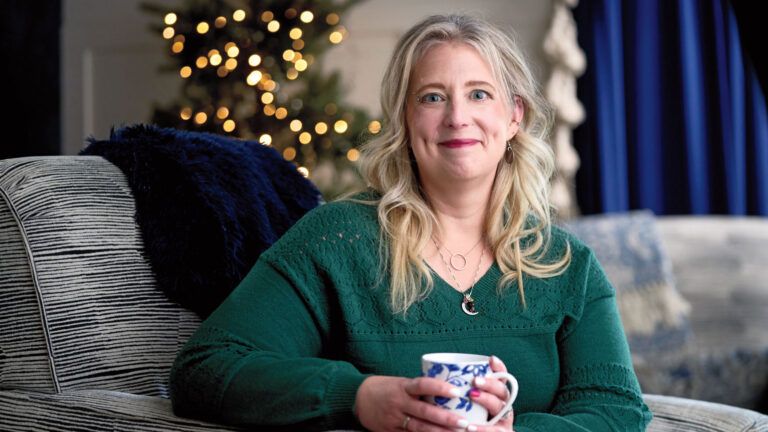“The life of inner peace, being harmonious and without stress, is the easiest type of existence.”—Norman Vincent Peale
How cool is it to be able to teach a group of high school students about promoting wellness? I have had this opportunity this spring term.
We began by discussing the conversation research psychologist Martin Seligman had in 1984 with the Dr. Jonas Salk, who developed the first successful polio vaccine.
Salk said to Seligman, “If I were a young scientist today, I would still do immunization. But instead of immunizing kids physically, I’d do it your way. I’d immunize them psychologically. I’d see if these psychologically immunized kids could then fight off mental illness better. Physical illness too.”
Salk, of course, was speaking of ways to prevent depression, which leads to sickness, loss of work time, pain.
Research shows that exercise effectively reduces anxiety and depression. Exercise can help manage our stress and minimizing stress minimizes inflammation in our bodies, keeping illness, depression and even death at bay.
We know that strong ties with family, friends and support groups promote happiness in individuals. Such ties can also promote longevity and swifter recovery from heart attacks.
Read More: Sharing Norman Vincent Peale’s Legacy
We also know from research that a correlation has been found between being religiously active and living longer. Beliefs within religions often promote healthier lifestyles. Communities of faith are just that, communal, and provide social support.
And this is one research finding that I know my Grandfather Peale would love to hear, as I know he believed it wholeheartedly, having seen it throughout his life’s work:
“Religiously active people experience less anxiety and stress because of a world view of promoting optimism, gratitude and hope for the future. Optimists have stronger immune systems than do pessimists and have fewer hospital stays than do religiously inactive people” (from the textbook my class is using, Thinking About Psychology: The Science of Mind and Behavior by Charles T. Blair-Broeker and Randal M. Ernst).
As I taught the topic of promoting wellness, I often thought about the groundbreaking idea psychiatrist Dr. Smiley Blanton and my Grandfather Peale came up with back in the 1930s: bringing psychiatry and religion together to train therapists to serve people in need.
The Blanton-Peale Institute and Counseling Center is still going strong today, impacting lives through accredited therapeutic training programs, as well as client-therapist relationships.
Wellness—specifically, the prevention of depression—was at the forefront of the minds of Drs. Blanton and Peale after the Great Depression. In 2016, we have scientific research that proves they were on to something quite remarkable and effective almost 90 years ago.





